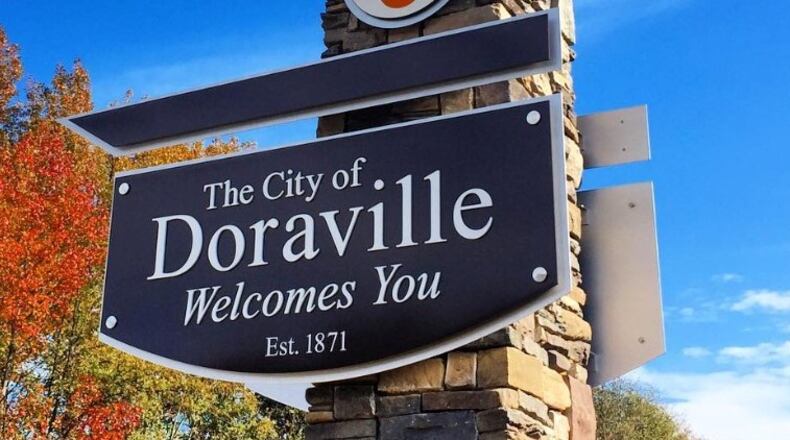Doraville residents will have two special elections to consider this November — one for a local representative and another for a property tax change.
The City Council approved both special elections at a meeting last Thursday, and they’ll show up on ballots for the Nov. 8 general election.
Councilwoman Rebekah Cohen Morris resigned in May because she’s moving, so Doraville will hold a special election to fulfill the rest of her term. Whoever wins will remain on the council as the District 1, Post 3 representative through the end of 2023. It costs $432 to qualify, and the qualifying period will take place from Aug. 8 to Aug. 10.
The city recently redrew its council districts for the first time in half a century. To qualify for the vacated seat candidates will have to live in the new District 1 limits, which is primarily located northwest of Buford Highway and Shallowford Road.
The council also approved a referendum for a local homestead exemption, which lowers property taxes incurred by homeowners in the city. The city currently mirrors DeKalb County’s homestead exemption, which has a value of $25,000, but residents will get to choose whether they’d rather have the city create its own homestead exemption for $10,000 plus the value of a 2.5-mil reduction. Property taxes are charged based on a “millage rate,” which is the amount per $1,000 of property value that is used to calculate taxes.
Assistant City Attorney Scott Hastey said the replacement would save Doraville homeowners money.
“The amount, of course, changes based on the value of the property, but in almost every situation, it (savings) will be a much larger amount than the $25,000,” he said during the meeting.
At the same meeting, the council unanimously approved a millage rate of 9.5, which is a slight reduction from last year’s rate. Because of increasing property values, the city will still collect about $700,000 extra in property tax revenue. The additional revenue would have been $936,000 if the millage rate had not decreased.
About the Author
Keep Reading
The Latest
Featured


